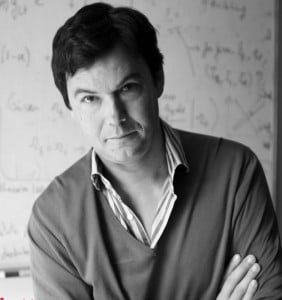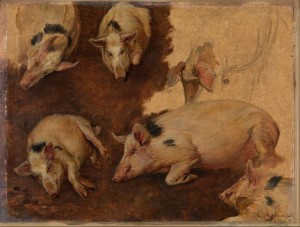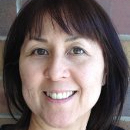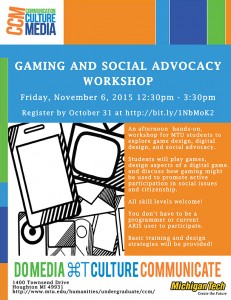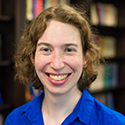
Laura Fiss (Hu) will present “Feelings About Reading” at 6:30 p.m. next Thursday at the Portage Lake District Library. The event kicks off the Great Michigan Read program by exploring some of the assumptions behind a community reading program: What does it mean to read as a community? In what communities do we read? And, how do programs such as these speak to the cultural value of reading? Fiss will invite discussion from the audience and provide a historical perspective. All programs at the PLDL are free and open to the public.
(This article originally appeared in Tech Today.)

